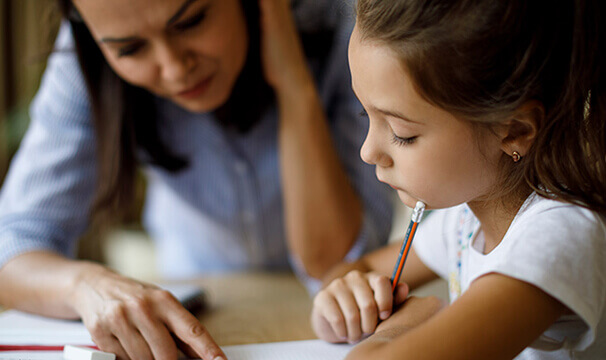If a child said to you: “I don’t like all of these endless changes right now”, what would you say in response?
…………………………
The transitioning from ‘remote learning’ to ‘real’ learning over the next year or more will be problematic for educators and students alike. Education will not go back to ‘normal’. It will go forward to ‘different’. As many of us struggle with this lengthy process, what can best help us during this transition? Here is one option: Focus on supportive dialogue with young people, whether online or in real life. The quality of all relationships – personal or professional – is determined by the words we use in every conversation.
In this compelling four blog series, Tony Ryan will explore the power of those conversations that we have with children every day. He will offer how you might respond to children when they make each of these four statements:
1. “I don’t like all of these endless changes right now.”
2. “I couldn’t be bothered caring about other people.”
3. “I don’t want to learn new things during this time.”
4. “I don’t know how to think about options for my life up ahead.”
…………………………………
Neuroscience can explain many of life’s mysteries to children.1 Why are they sometimes in a bad mood without any apparent reason? How can they adjust more easily to dramatic changes in life? Why is it so difficult to reason with their parents in their teenage years? (Admittedly, they probably won’t ever work out that last one.) It is their brain that sends positive or negative signals about the changes in their life.2 Controlling those signals is critical.
This control will depend on whether children believe they can be the architect of their own thinking, especially in stressful times. Children’s everyday thinking continually shapes who they are, so let’s guide them towards taking responsibility for adjusting those thoughts. This guidance is often offered through the conversations we have with them. The dilemma is knowing what to say when they are complaining about something.
So how might you respond when a child says: “I don’t like all of these endless changes right now.”
Before you engage, remember that they may be experiencing some difficult issues that are unknown to you. Glib ‘positive thinking’ messages won’t always be the best thing to share in this case. Instead, focus on helping them to adopt steady incremental strategies with their thinking.3 Here are some responses and strategies you might offer to children:
• Yes, there is certainly a lot of change going on right now. Even some grown-ups feel overwhelmed by it all. Just remember that in life, there are things you can change, and things you can’t. You can’t change that COVID-19 exists, but you can change how you might help others if they are struggling. Look for what you CAN do.
• Use Teflon and Velcro for your thoughts. 4 You need Velcro for your good thoughts so that it helps that optimistic thinking to stick with you. Teflon is the best solution for most bad thoughts because it lets them slip away from you. Draw up a T-chart of the thoughts that need Velcro, and the ones that need Teflon.
• Write out your own Gratitude List. Think of the things that are OK with your life right now. This might include your physical skills and fitness, your relationships, your work or study, or some everyday experiences that you often enjoy.
• We all feel overwhelmed some of the time, and then want to run away from whatever is troubling us. Here’s an alternative. Cope with the issue by becoming more mindful. This means learning how to be more at peace with your own thinking, in spite of everything rushing at you all at once. One powerful mindfulness practice is to focus on deep breathing. In 2, 3, 4, Hold 2, 3, 4, Out 2, 3, 4.’
A special note: These strategies are not only for children. They are just as important for you, and for two reasons. The first is that you need to model these thinking behaviours and strategies to them, given that your actions carry even more weight than your words. The second is that you need to also look after your own thinking. Wellness is critical at every stage in your life.
Biblio:
1. Judy Willis, ‘The Neuroscience of Learning: 41 Terms Every Teacher Should Know’, TeachThought, 30 October 2013. http://teachthought.com/learning/neuroscience-of-learning-41-terms-every-teacher-should-know/
2. Linda Ray, ‘Change: What Has the Brain Got to Do with It?’ NeuResource Group, 19 March 2015. https://www.neurocapability.com.au/2015/03/change-brain-got/
3. Tony Ryan, ‘The Next Generation: Preparing Today’s Kids For An Extraordinary Future’. John Wiley & Sons, August 2018.
4. Rick Hanson. The Neuroscience Of Happiness. Greater Good Magazine, Sept 2010

